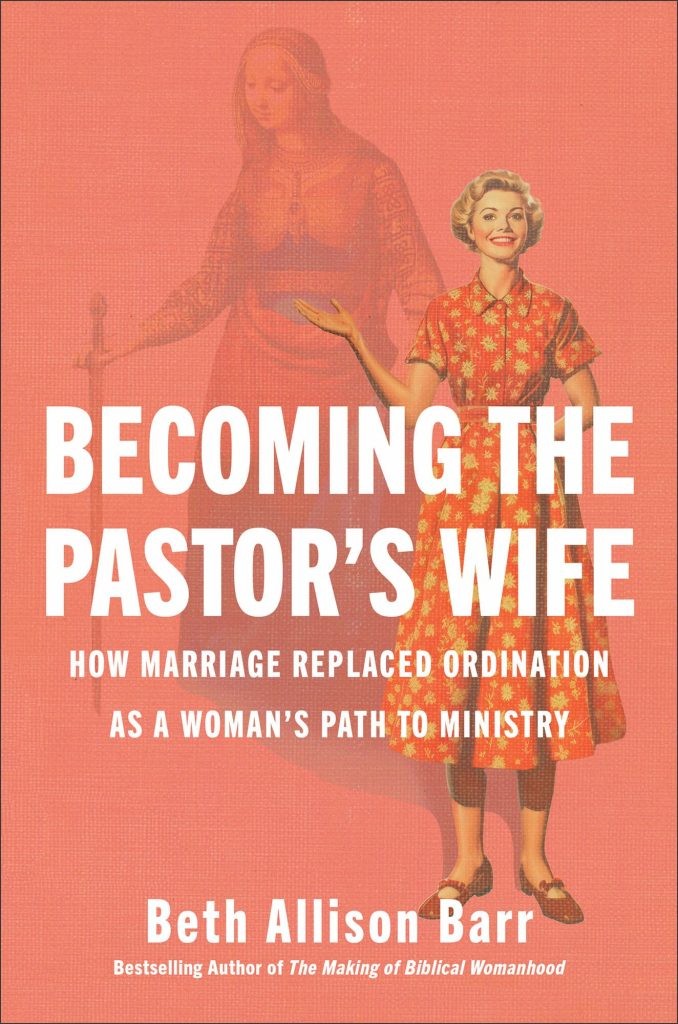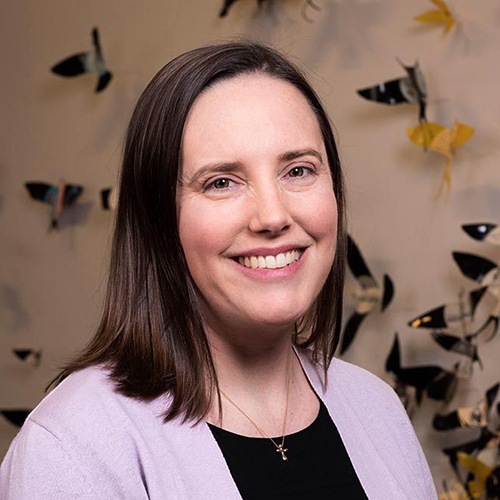Recently I was having coffee with a staff member at Mars Hill Graduate School where I have served as board member for six years. I had known Cathy as a highly effective Student Council President, a promising new staff member, and now as a senior staff director. Our conversation wandered into a subject where she had pursued a bold opportunity that resulted in some institutional discomfort.
As the story unfolded, she paused thoughtfully and perhaps fearfully. She explained she was talking simultaneously to “Tim” -- a friend, a collaborator, and co-conspirator on several projects in the past -- and also to “Board Member,” an authority who holds influence over her career. Years earlier before my first board meeting, a good friend and faculty member had made a similar observation when I asked him to think through a complex theological question with me.
Multiple roles and divergent expectations are not out of the ordinary for persons who serve on organizational boards. Many times we are drawn to institutions, non-profits, schools, and the like from shared missional passions, strong collaborative experiences with the organization, or friendships with its leaders. We come with our time, money, and experience in tow with a desire to serve. All of these factors can make for potential conflicts.
One critical aspect of board work is to construct an ongoing dialogue about the board’s roles in the organization. My choice of the word “dialogue” and the use of the plural “roles” were very intentional in the preceding sentence. When one talks of “defining a role” for a board, one runs the risk of underestimating the many touch points that exist between boards, board members, and organizations. The consequences can include missed opportunities and unforeseen triangulations.
Mars Hill is a very young school (founded in 1997) so board identity has transitioned greatly. We have always been a “working board” rather than a more relationally distant approval or oversight board. In earlier years, a few board members functioned as volunteer executives, filling gaps where the school lacked personnel resources. Though the school has grown since then, the fact that two board members were recently hired as deans reveals that we are not far from those days.
It also might be an understatement to call Mars Hill a relationally intense environment. Students in every degree program participate in a multi-year intentional group storytelling and therapeutic dynamic that we call “practicum.” Relationship and personal story are valued, cultivated, and explored in generative collaborations. In this environment, relational authenticity is non-negotiable.
Though other organizations might be quite different, I still believe that regular dialogue with boards about the mission of the organization and its greater cultural context is essential. This dialogue will be an ongoing conversation filled with vulnerabilities, words of encouragement and forgiveness, redemptive insight, and shared mission. A commitment to this type of conversation can bring mystery, beauty, and discovery to board life. And these should be genuine conversations -- not bullet-point laden Powerpoint presentations or bound reports (though you will see plenty of these also by necessity).
I had a friend who once complimented his department chair as a “the master of leading by walking around.” Every afternoon, she would pop the top on a Diet Coke and casually stroll around the office and converse with her team. Some days a series of conversations would ensue until the can was empty. On other days, significant issues were uncovered that produced critical follow-up that kept the department on track and in its mission.
Mars Hill’s President, Keith Anderson, follows a similar practice by insisting on picking up the phone and maintaining a regular, personal conversation with our board. Sometimes our conversations focus on my agenda and or our passions as board members. Other calls are vulnerable requests for advice on a problem. But many of these calls are casual ones about life and the school.
Such intentional conversation is the dialogical lifeblood of effective board life.







